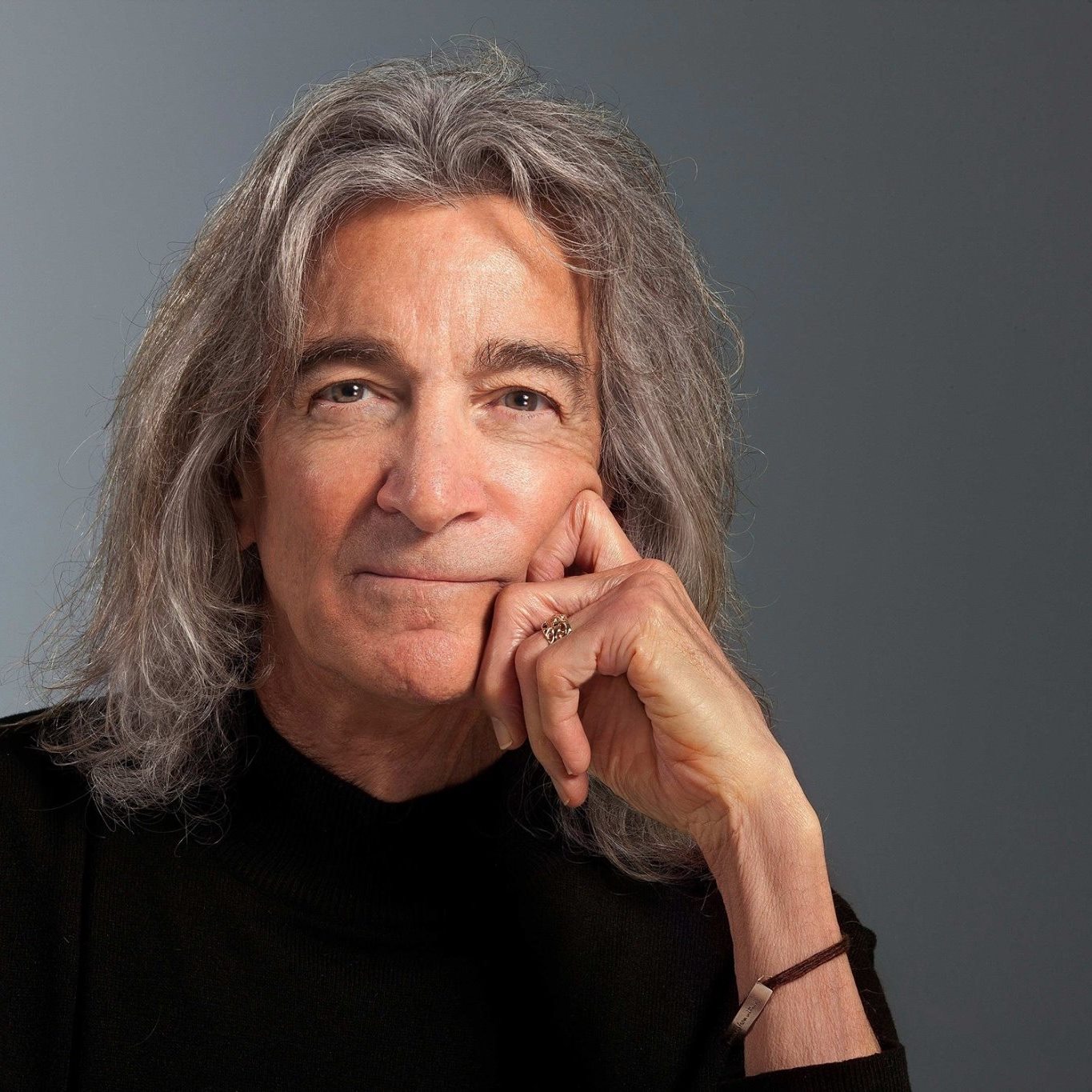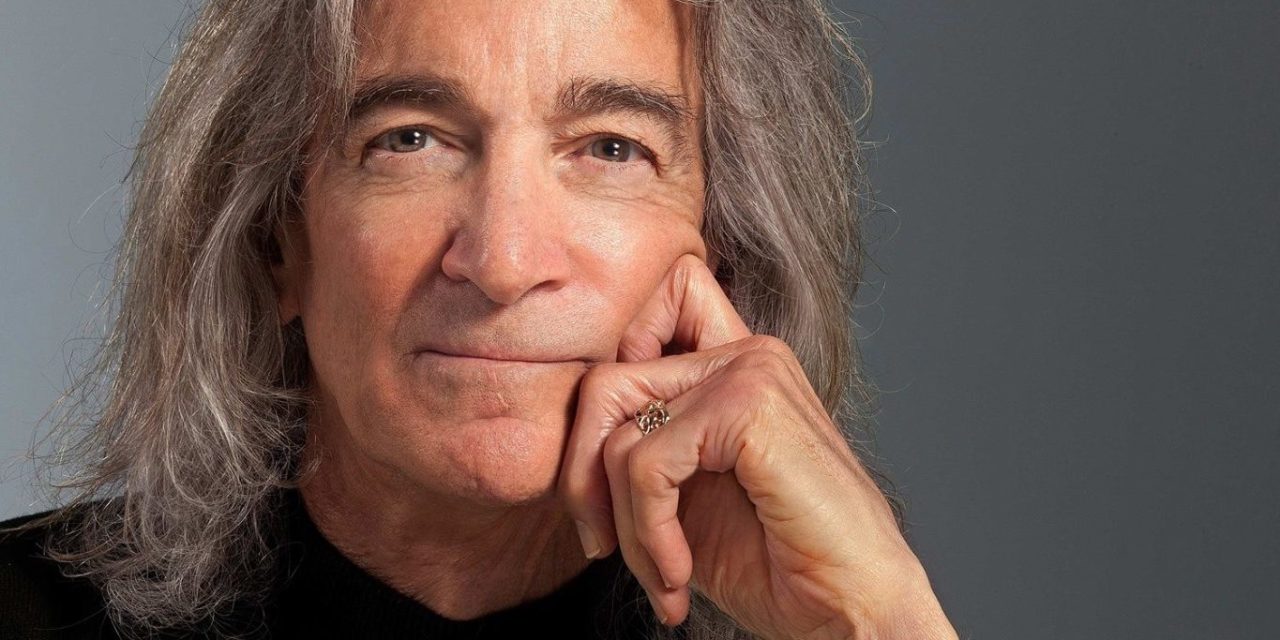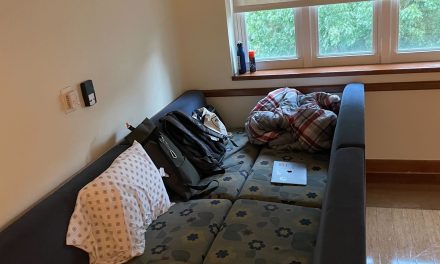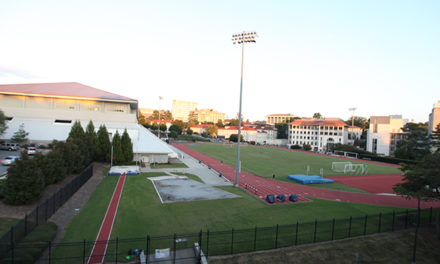Retired cardiologist turned bestselling author Dr. Terry Gordon (72C) has spent his fruitful and diverse career healing hearts, both physically and spiritually. The self-described “conscious cardiologist” and “wounded healer” uses adversity as a catalyst for progress and growth.

Terry Gordon (72C), Retired Cardiologist & Author/Courtesy of Terry Gordon
Gordon said he first aspired to become a cardiologist at 7 years old after watching WHAS–TV’s documentary “Operation Open Heart.” The patient in the documentary, a boy about the same age as Gordon, could barely walk due to a large hole in his heart.
“The methodical process of working up cardiac malady captivated me,” Gordon said. “As complicated as it seemed, there was a beautiful simplicity to the way the heart worked.”
With dreams of becoming a cardiologist, Gordon came to Emory as a pre-medical student majoring in psychology. Outside of his rigorous course load, Gordon also participated in theater, starring in an Emory production of Mary Rodger’s musical “Once Upon a Mattress” as Prince Dauntless.
“It was great fun and I loved the creativity of performing!” Gordon said.
After graduating from Emory, Gordon attended medical school at Kansas City University of Medicine and Biosciences (M0.) and began his cardiology fellowship at the Cleveland Clinic in 1984. Three years later, he began practicing at the Cleveland Clinic Akron General in Ohio.
Outside of his practice, Gordon was also president of American Heart Association (AHA) Akron, a mentor to inner-city children in the Youth Motivational Task Force and a co-host of United Way’s annual fundraiser, “Docs Who Rock.”
In 2000, Gordon watched a video of a football game that inspired his career for the next decade. In the video, 15 year-old player Josh Miller unexpectedly entered cardiac arrest in the nearby town of Barberton, Ohio. First responders were unable to arrive on time, and Miller passed away.
“In this normally boisterous stadium, you could hear a pin drop, except for the wail of his mother,” said Gordon, recalling the incident. “It’s a sound that reverberates through my soul as we speak.”
Shaken by the premise of Miller’s death, Gordon vowed to never let such an incident happen again again. He set out to supply all nearby junior high and high schools with free automated external defibrillators (AEDs) — devices which restore halted heartbeats through transmission of electric shocks to the heart.
“For every 60 seconds that someone is in cardiac arrest, his or her chance of survival drops by 10 percent,” Gordon said.
In other words, every second matters, and waiting for first response treatment wastes precious seconds in the patient’s revival. Gordon’s distribution of AEDs aimed to eliminate this barrier and allow any trained individual to immediately begin the procedure of resuscitation. But Gordon said there was only one problem — the devices cost $3,000 apiece.
Gordon vividly remembered Josh Miller’s father, Ken Miller, with a single tear trickling down his cheek, responding to a reporter regarding the cost of AEDs, “It doesn’t seem like a lot of money to me.” With that mantra in mind, Gordon set out to do the seemingly impossible.
Through fundraising events and talks at local schools and corporations, Gordon began raising awareness on the importance of AEDs in sudden cardiac arrest. Akron General and the AHA brought logistics and manpower, aiding with planning and executing events.
Vice President of Community Health Alice Luse, who worked closely with Gordon on the project, recounted that his passion for the project ultimately convinced the AHA to distribute the AEDs.
In addition to supplying free AEDs, Gordon’s plan included the creation of an emergency plan and training five people in AED usage and cardiopulmonary resuscitation (CPR) at every school in the county. He also strove to make sure the local 911 were able to locate AEDs and inform anyone on how to use them.
In 2002, Gordon’s residence, Summit County, became the first to have an AED placed in every junior high and high school. The AHA consequently named him their “National Physician of the Year,” an annual honor given to a physician with outstanding accomplishments.
“I don’t look at [the honor] as an acclimate to me, but [as] a testament to the mission,” Gordon said.
In 2005 and 2006, Gordon spearheaded the expansion of his plan across the state of Ohio. To amass the necessary funding, Gordon approached David Brennan, an Akron industrialist and philanthropist, with his plan. The approach was a success, as Brennan provided Gordon with the entire $5 million needed.
With AEDs finally distributed across Ohio, Gordon aimed to draft a bill for the national implementation of his plan. The bill became known as the Josh Miller HEARTS Act, with HEARTS standing for Helping Everyone Access Responsive Treatment in Schools.
In 2009 and 2012, respectively, U.S. Rep. Betty Sutton (D-Ohio) and Sen. Sherrod Brown (D-Ohio) sponsored the HEARTS Act, which passed through the House of Representatives twice, but never passed the Senate. Gordon hopes to have it pass through the Senate, so that the AED Initiative may launch in states other than Ohio. According to Gordon, the AED Initiative has now saved over 30 lives in Ohio alone.
“There may be obstacles on the way, but you can’t let yourself get focused on the obstacles,” Gordon said. “You have to learn to look beyond. It’s called the power of intention.”
In Ohio alone, the AED Initiative has now saved over 30 lives. Caleb Perkins was saved by the initiative when he was a junior track athlete in high school. On March 18, 2016 — Gordon’s birthday — Perkins collapsed during practice at Revere High School in Bath Township, Ohio. Assistant coach Brian Racin performed CPR, and athletic trainer Taylor Gray used an AED to shock his heart back to normal.
“We’re very, very thankful for the AEDs,” said Perkins’ mother, Lara Perkins. “Between that and the coach doing CPR, that is 100 percent what saved my son’s life.
Although Gordon retired as a cardiologist in 2007, he remains deeply committed to his mission. Two years after his retirement, in June 2009, his son Tyler was involved in a car accident that paralyzed him. The tragedy that faced Gordon this time was deeply personal.
To process his grief, Gordon began to journal his thoughts. He decided not to treat adversity as tragedy, but instead to embrace it as an opportunity for growth and enlightenment.
“If we are to grow, if we are to progress, we have to face greater and greater obstacles,” Gordon said.
His friends and family convinced him he had to share his journal entries with others, which became the first drafts of Gordon’s book, “No Storm Lasts Forever,” which was published in 2012.
Now, as an accomplished author and speaker, Gordon shares his pathway towards peace through motivational speaking events and his daily affirmations newsletter, “Whispers of the Heart.”
For Gordon, his mission to heal hearts and save lives is nothing if not sacred.
“Saving the life, especially of a child, I felt so honored to be able to be a participant,” Gordon said.
Angela Tang (22C) is from West Lafayette, Indiana, majoring in economics and mathematics. Outside of the Wheel, she works at the Polaris Spine & Neurosurgery Center, volunteers at the Atlanta Community Food Bank and serves as Emory Miracle’s finance director. She enjoys watching gymnastics, collecting stationery and drinking Blue Donkey’s summer almond blend.





